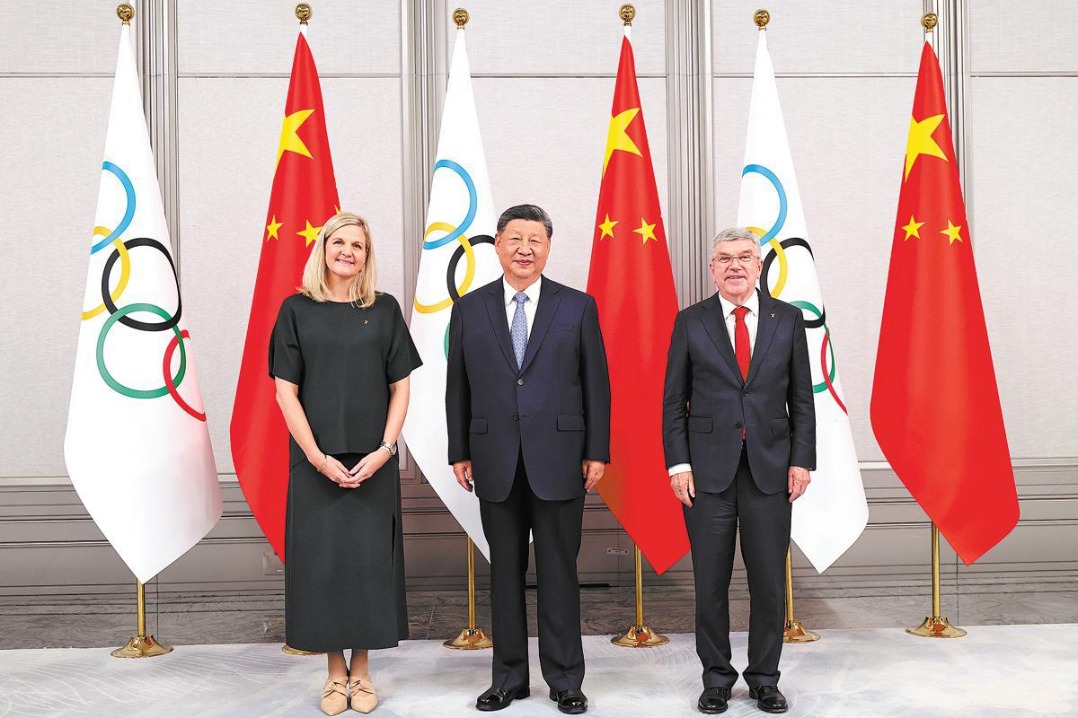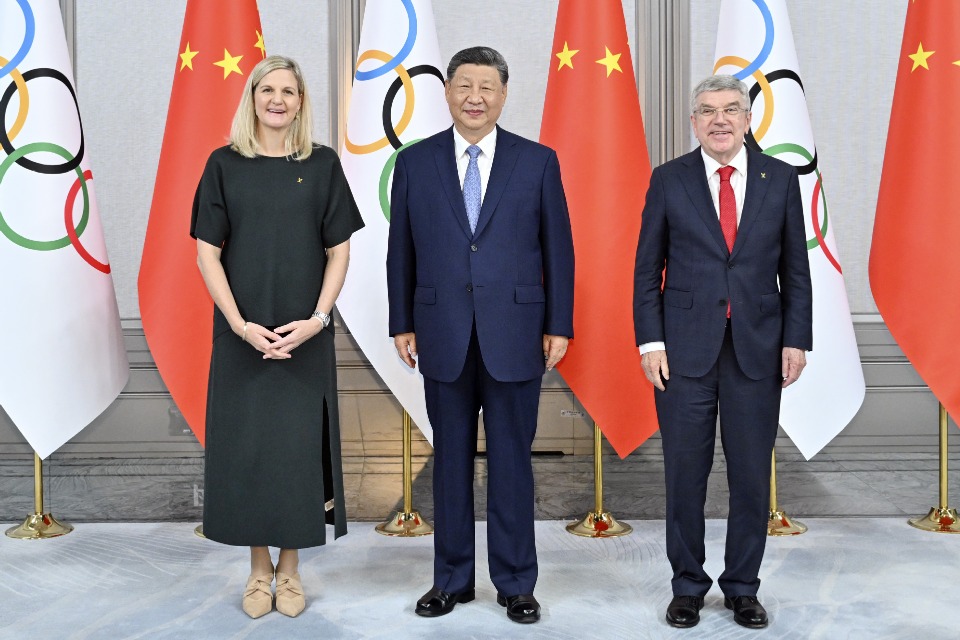Space to grow
Increasing geopolitical risks have spurred international currency diversification, which creates further space for renminbi internationalization


Increasing geopolitical risks have spurred international currency diversification, which creates further space for renminbi internationalization
The intensifying geopolitical risks in recent years have disrupted the existing economic logic. In this context, there is greater space for the internationalization of the renminbi.
The escalation of geopolitical risks has further accelerated the process of international currency diversification. Due to the geopolitical uncertainties, market participants are trying to spread their investment risks. More central banks have diversified foreign exchange reserves and adjusted the global allocation of sovereign wealth funds. Businesses are seeking new possibilities by weighing the pros and cons of different pricing currencies and payment channels. Financial institutions are continuously exploring the market and discovering new service tools to meet the new demands.
The internationalization of the renminbi undoubtedly provides a new option for the global market. Currently, the renminbi is the world's fifth-largest reserve currency, the fifth-largest currency for trade and financial payments, and the fifth-largest currency for foreign exchange trading. The internationalization of the renminbi is attributable to China's solid market foundation, strong willingness for international cooperation, as well as robust policy support. But at the same time, the renminbi still lags behind the US dollar and the euro in terms of relative share.
Compared with China's role in global trade and the global value chain, the renminbi still has considerable room for improvement as a payment currency. China is now the world's largest trading nation, accounting for 21.6 percent of global trade. However, the renminbi only takes up a small share among global payment currencies. According to the data released by the Society for Worldwide Interbank Financial Telecommunication in June 2023, the renminbi accounts for only 2.77 percent of global payment currencies, while the US dollar and the euro hold much higher shares of 42.02 percent and 31.25 percent, respectively.
Countries with closely-interconnected trade and value chains naturally demand the use of their own currencies in trade. Independent of the US' influence over trade, the US dollar remains the dominant currency in international trade. However, some empirical research indicates that in the value chain, processed materials exporters are willing to use the currency of the importing country, and the currency of the end market is also likely to be used for trade invoicing. This reveals significant potential for using local currencies in complex global value chains.
From a regional perspective, the Association of Southeast Asian Nations is the region with the real demand for the use of the renminbi. ASEAN is China's largest trading partner. China's central role in the regional industrial chain will facilitate the renminbi's use as a trade and investment currency. Additionally, regional cooperation institutions, such as the Regional Comprehensive Economic Partnership and the Chiang Mai Initiative Multilateralization, can help enhance the use of domestic currencies, including the renminbi. In turn, the use of local currencies in the region will further promote regional trade and financial integration.
The rise of the renminbi as a reserve currency can be attributed to some countries' focus on profitability in reserve asset management. Reserve asset management is guided by liquidity, safety and profitability. Studies have found that over the past 20 years, non-traditional currencies such as the renminbi have become more attractive as foreign exchange reserves, influenced by reserve management, market liquidity and relative returns.
Currency blocs should be prevented. Currency blocs completely determined by politics are detrimental to the stability of the global monetary system.
Currency blocs come into shape for various reasons, including colonial history, political identity, local risks and trade integration. Generally speaking, currency blocs without economic ties are prone to instability in the international monetary system and may lead to vicious competition. This will not only bring efficiency losses but may also limit the long-term development prospects of the renminbi. Such worst-case scenarios should be avoided.
The author is a senior researcher at the Institute of World Economics and Politics at the Chinese Academy of Social Sciences, and the National Institute for Global Strategy at the CASS. The author contributed this article to China Watch, a think tank powered by China Daily. The views do not necessarily reflect those of China Daily.
Contact the editor at editor@chinawatch.cn.


































